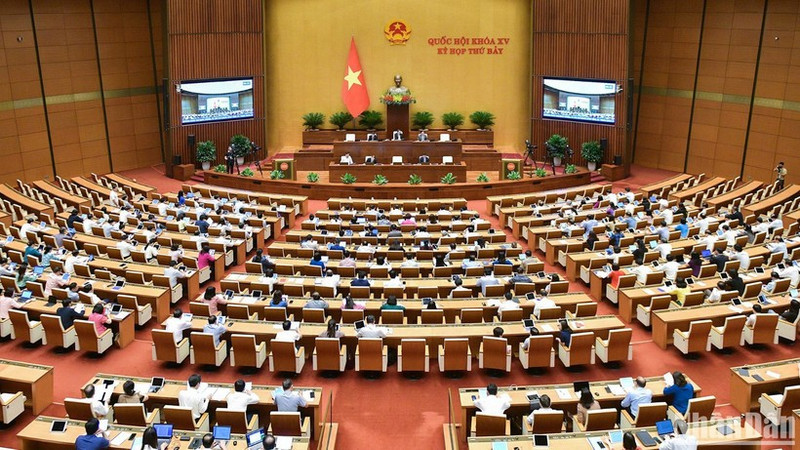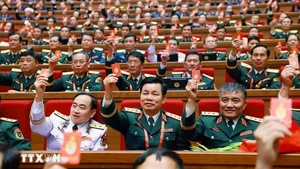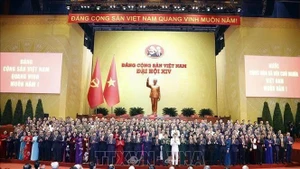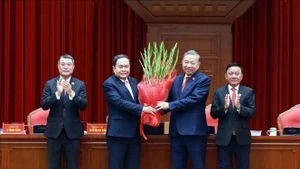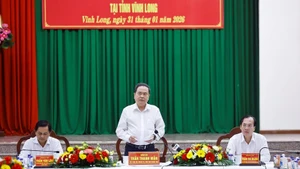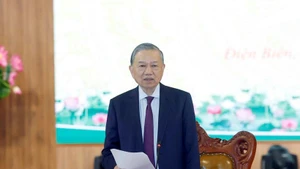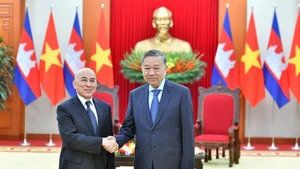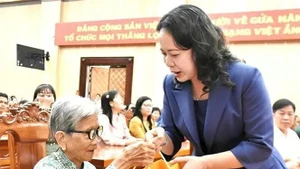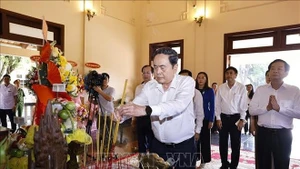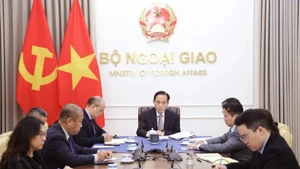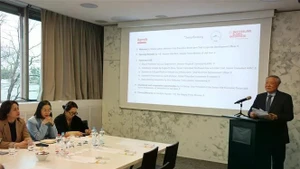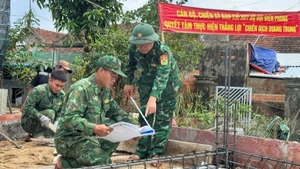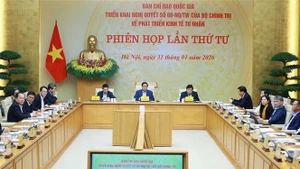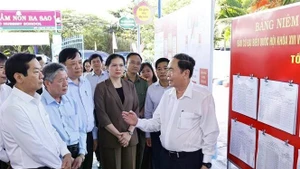Accordingly, the court system is to be rearranged in the direction of establishing regional people’s courts, eliminating district-level people's courts; converting specialised first-instance people’s courts into specialised courts within regional people’s courts, including: Criminal, Civil, Administrative, Economic, Family and juvenile; organising specialised courts such as Bankruptcy, Intellectual Property in a number of key regional people’s courts.
Basically, the regional people’s courts are to be given the authority to try all types of first-instance cases, the provincial people’s courts try appeals, review and re-trials of judgments and decisions of the regional people’s courts that have come into legal effect and are subject to appeals.
The Supreme People’s Court plays the role of review and re-trial of judgments and decisions of the provincial people’s courts that have come into legal effect and are subject to appeals.
The reorganisation of the people’s court system is a necessary step to implement Resolution No.27-NQ/TW on judicial reform; it helps clearly define the authority and responsibility between court levels, creating favourable conditions for trial and supervision of judicial activities.
In particular, the reorganisation of the people’s court system in accordance with the rearrangement of administrative units will ensure unity and synchronisation in state management in accordance with the policy of streamlining the apparatus (replacing 693 district-level courts with 355 regional courts); helping improve the effectiveness of coordination between administrative and judicial agencies to thoroughly resolve issues related to law and social order. Of course, there is still a lot to do.
One of the important reforms is to establish a completely new model - a court in the International Financial Centre. However, when discussing this regulation, Permanent Deputy Prime Minister Nguyen Hoa Binh, former Chief Justice of the Supreme People’s Court, was quite concerned about many issues that must be clearly defined, from the language used to the legal system applied... in these courts, because the parties to the dispute are mainly foreign financial institutions.
How to ensure the professional qualifications and foreign language skills of the team of judges to contribute to strengthening investors’ confidence so that they can confidently invest their capital to accompany the Vietnamese economy is a difficult question.
In addition, the authority to annul commercial arbitration awards will be given to the regional people's court (formerly the provincial people’s court) which has also caused concern in the legal community.
Veteran lawyer Truong Trong Nghia (National Assembly Delegate of Ho Chi Minh City) is not without cause when he raises the question: Will the newly established regional people’s courts be capable of thoroughly examining complicated disputes worth hundreds of millions of USD?
Currently, filing a lawsuit to annul a judgment at the regional people’s court is relatively easy and not very costly, so the losing party can just file a petition with the regional people's court in a “hopeful” manner. If the settlement is not satisfactory, it could potentially affect foreign investment attraction.
In the context of the country’s rapid transformation as it is today, the work of law-making is facing many urgent demands. To resolve this issue satisfactorily, the core is still to determine the order of priority, clearly see the gaps and shortcomings that remain to continue to perfect the legal framework.
It is necessary for the National Assembly to carefully consider the questions raised to ensure that the legislative work goes in the right direction, in accordance with the principles of a law-governed socialist state.
